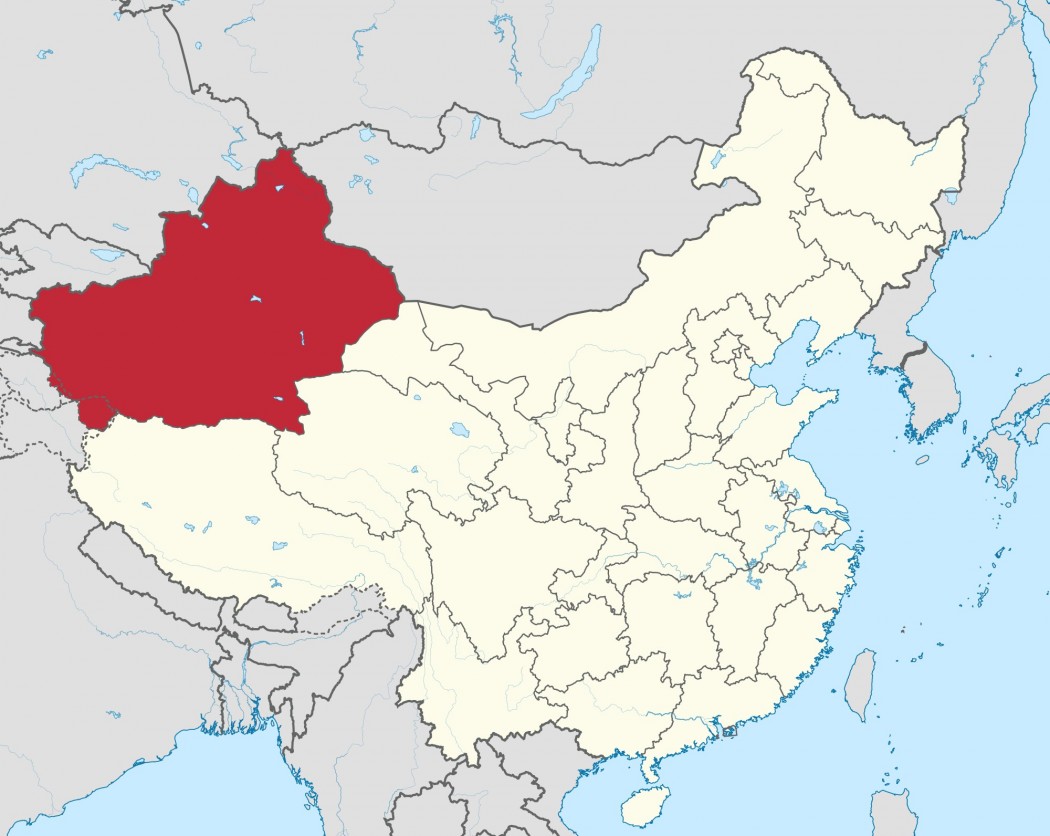Gerry Shih reports for the AP today that the U.S. government may pursue sanctions on Chinese officials involved in human rights abuses in the western region of Xinjiang. Shih has recently reported elsewhere on a sweeping security crackdown in the region.
Acting Deputy Assistant Secretary of State Laura Stone said Wednesday that the U.S. was deeply concerned about China’s detention of at least “tens of thousands” of ethnic Uighurs and other Muslims and could take action under the 2016 Global Magnitsky Act.
Beijing has defended its crackdown as a “People’s War on Terror” and a necessary move to purge separatist and religious extremist elements from Xinjiang, a vast region with more than 10 million Muslims. But an extrajudicial detention program has swept up many people, including relatives of American citizens, on ostensible offenses ranging from accessing foreign websites to contacting overseas relatives.
Speaking to reporters in Beijing, Stone said the U.S. was particularly concerned about the detained family members of six journalists — four U.S. citizens and two U.S. permanent residents who have reported on Xinjiang — working for Washington D.C.-based Radio Free Asia.
“The information we have, including about detention centers, paints a disturbing picture,” Stone said. “We will continue to raise our concerns with the Chinese government and call for legal due process in the detention of any citizens.”
According to Shih, Sen. Marco Rubio of Florida and Rep. Christopher H. Smith of New Jersey, Republican leaders of the Congressional-Executive Commission on China, have asked the U.S. ambassador to Beijing, Terry Branstad, to visit the region and collect information on Xinjiang officials responsible for the mass detention policy.
The Global Magnitsky Human Rights Accountability Act allows the U.S. government to place travel and financial restrictions on individuals anywhere in the world given credible proof of their role in human rights violations or corruption. In Dec. 2017, President Trump enforced the Act for the first time by designating 52 people and entities as subject to sanctions. This included a Chinese police official who oversaw the Beijing detention center that held Cao Shunli, a human rights activist who died in custody. Human Rights Watch applauded Trump’s action.
The law is named after whistleblower Sergei Magnitsky, who was imprisoned and murdered in 2009 by Russian authorities after exposing a large-scale fraud.
The President may lift the application of sanctions under the Act upon a determination either that the person did not engage in the activity for which sanctions were imposed or that the person has already been sufficiently punished and is unlikely to engage again in such activity.

Leave a Reply